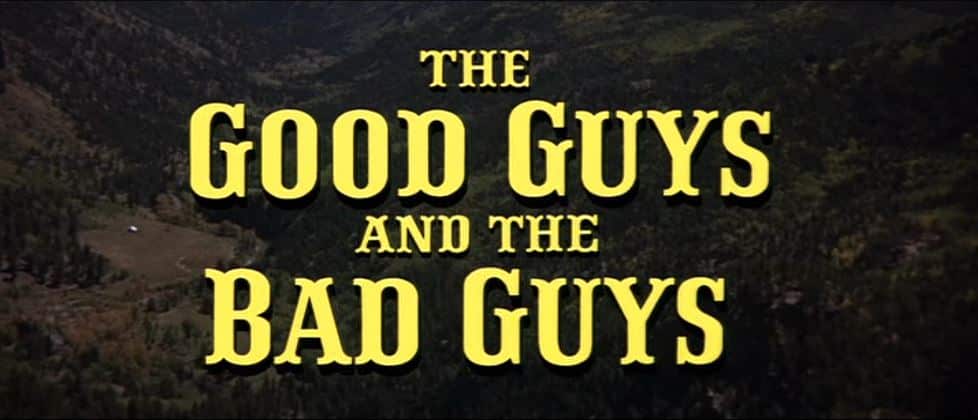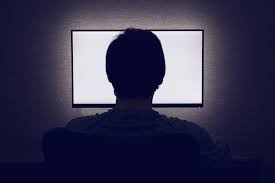I have never used an illegal drug before. Never experimented even once. Nor have I ever had the desire to do so. When I was forced from my childhood home after graduating from high school, I knew that I was living forever without a safety net. If I ran into trouble, there would be no parents standing behind me, ready to support me. No home where I could return. Not a penny of financial support for the rest of my life.
I was 18 years-old and entirely on my own.
Knowing this, I made the conscious decision to never use drugs. I understood that the world was going to be hard enough already. I couldn’t afford the kind of trouble that using or abusing drugs might bring.
I had also watched addiction steal the life of an uncle who lived next door. I had watched the abuse of alcohol cause pain and suffering in my own home. Though I would eventually drink alcohol, I didn’t take my first drink until I was 19 years-old, and though I drank my fair share for several years at parties and on random college campuses, less than a decade later, I was basically done with alcohol.
Other than the occasional champagne toast, I really don’t drink anymore.
All of this led my to an evening about 20 years ago. I was dating a woman who was a casual drug user. Mostly marijuana but sometimes more serious drugs. Though I wasn’t happy about her drug use and knew it would prevent any long term, serious relationship, we had agreed that she simply wouldn’t use drugs in my presence.
One night, while eating dinner at her home, she told me that friends would be coming over later that evening, and they would likely be using drugs.
“Okay,” I said. “I’ll just go home after dinner.”
She asked me to stay. “You don’t need to do anything,” she said. “Just hang out with my friends. Have fun.”
I told her that I wasn’t judging her, but I just didn’t want to be around that scene. “I’ll just see you tomorrow,” I said. “No big deal.”
She became angry. “Are you seriously going to leave? Are you really so square that you can’t just hang out with my friends while we’re getting high?”
This was the first time she had become angry over this issue, but she had become so angry, so quickly that I suspected it had been bubbling up for a while. I reminded her of our deal. “You made a choice to invite your friends over. You knew that I would need to leave. I’m not upset. I’ll just go home.”
She berated me for being so implacable. Told me that I would embarrass her in front of her friends if I left. Asked me again why I needed to be so square.
My response was this:
“You realize that if this were a movie, you’d be the bad guy. Right? I’m the boyfriend choosing not to use drugs and offering to go home, and you’re the girlfriend calling me names and trying to pressure me into changing my mind. The audience loves me right now. They’re rooting for me. But they don’t love you.”
That relationship ended a couple weeks later.
But the idea that you’re the star of your own movie has stayed with me, and I often use it with students. When drama erupts in the fifth grade, I sometimes lean into that movie metaphor. When a friendship triangle pits two students against one, or when one students calls another student an ugly name, I will sometimes say, “Why are you being the bad guy in your own movie? You realize that if your life were on the big screen right now, you’d be playing the bad guy. The person who the audience roots against. You’re the bully in your own story right now.”
I’m often amazed by how kids (and some adults) can watch hundreds of movies that depict bullying, name-calling, pettiness, selfishness, and gossiping as the qualities of a bad guy then turn around and do those very same things.
Years ago, a colleague sniped about the shoes of another colleague behind her back. Annoyed on behalf of my friend, I said, “You realize that you are the worst person in a John Hughes film right now. Right? Making fun of someone’s shoes is the kind of thing the worst person in the movie says about the best person.”
My colleague wasn’t pleased.
While playing basketball with friends a few years ago, one of the guys was constantly trash talking. Not the friendly banter and gentle ribbing that is expected while playing a sport but the kind of endless, insulting chatter that can spoil a game. Finally, I said, “Don’t you realize that if this were a movie, you’d be the bad guy? You’re the jerk in every sports movie that ever existed. The Shooter McGavin. The Johnny Lawrence. The Clubber Lang.”
For the rest of the game, I kept shouting out bad guys from sports movies whenever they came to mind. “Ivan Drago! Ben Stiller from Dodgeball! Cancer in Brian’s Song! The plane crash in We Are Marshall!”
My fellow players laughed every time I shouted out another movie villain, and to his credit, this silenced the trash talking.
I’m sure that there are moments when I’m the bad guy in my own movie. I’d like to think they are few and far between, but I’m certainly not perfect. I’m sure there are moments when I am the jerk in my own movie.
I’m also quite confident that I’m the bad guy in many other people’s movies.
The lady complaining about needing to wear a mask in Trader Joe’s definitely saw me as the bad guy when she mistakenly tried to enlist my support and instead received an earful.
The racist lady who I made cry after she insult my friends at McDonald’s behind their backs certainly thought of me as the antagonist in her day.
The cowards who attempted to end my teaching career years ago surely see me as the bad guy as they’ve been forced to watch my career continue to flourish.
But that’s okay. Some movies suck. They deserve to be ruined by an unexpected bad guy winning the day. Some people need a little Empire Strikes Back in their life.
In their terrible movies, I’m more than happy to play the role of Darth Vader.



